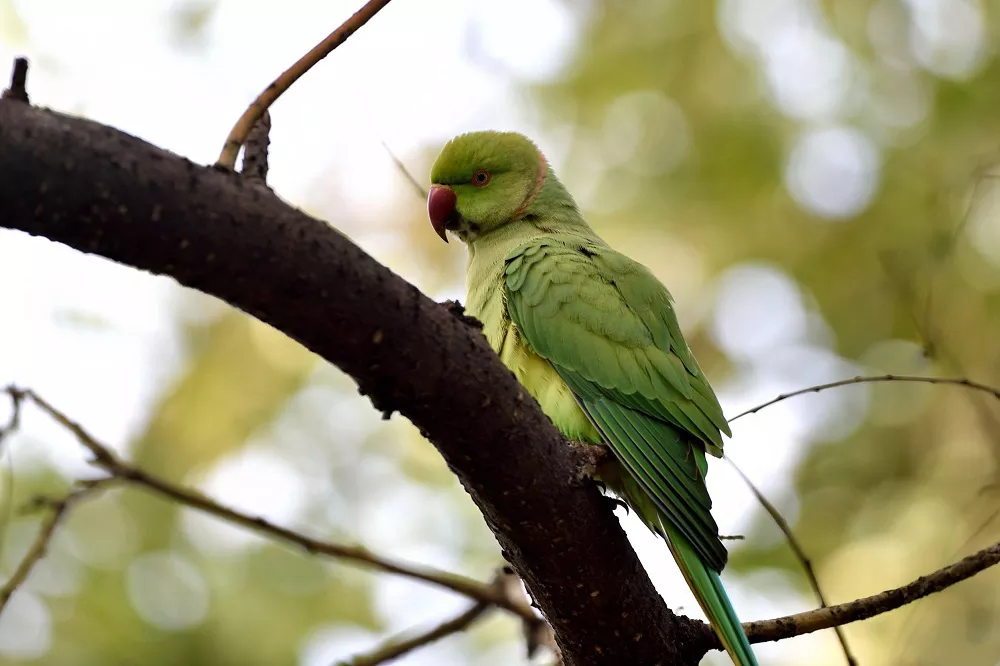Ringneck parrots, also known as Indian ringneck parakeets, are a popular species of pet birds that are native to South Asia. They are known for their striking appearance, intelligence, and ability to mimic human speech. However, before deciding to bring a ringneck parrot into your home, it’s important to understand how long they typically live and what factors can affect their lifespan.
In general, ringneck parrots have a relatively long lifespan compared to other pet birds. With proper care and attention, these birds can live for up to 25-30 years in captivity. However, their lifespan can vary based on several factors, including their genetics, diet, environment, and overall health.
One of the most important factors that can affect a ringneck parrot’s lifespan is their diet. These birds require a balanced and varied diet that includes high-quality pellets, fresh fruits and vegetables, and occasional treats. A diet that is deficient in essential nutrients or high in unhealthy foods can lead to health problems and a shortened lifespan.
Another key factor is their environment. Ringneck parrots require a spacious and stimulating environment that allows them to exercise and explore. A cramped and boring environment can lead to boredom and stress, which can negatively impact their health and lifespan. Additionally, exposure to toxins or other harmful substances can also shorten their lifespan.
Genetics also play a role in a ringneck parrot’s lifespan. Some individuals may be more prone to certain health conditions or have weaker immune systems, which can make them more susceptible to illnesses and infections. Regular veterinary check-ups and preventative care can help identify and address any potential health issues before they become serious.
In summary, ringneck parrots can live for up to 25-30 years in captivity with proper care and attention. However, their lifespan can be affected by several factors, including diet, environment, genetics, and overall health. By providing your ringneck parrot with a nutritious diet, a spacious and stimulating environment, regular veterinary care, and lots of love and attention, you can help ensure that they live a long and healthy life.


 Facebook
Facebook  Instagram
Instagram  Youtube
Youtube 